The tricky science behind eliminating peanut allergies
Scientists are racing to find a cure for allergies while profit-conscious companies wait eagerly in the wings
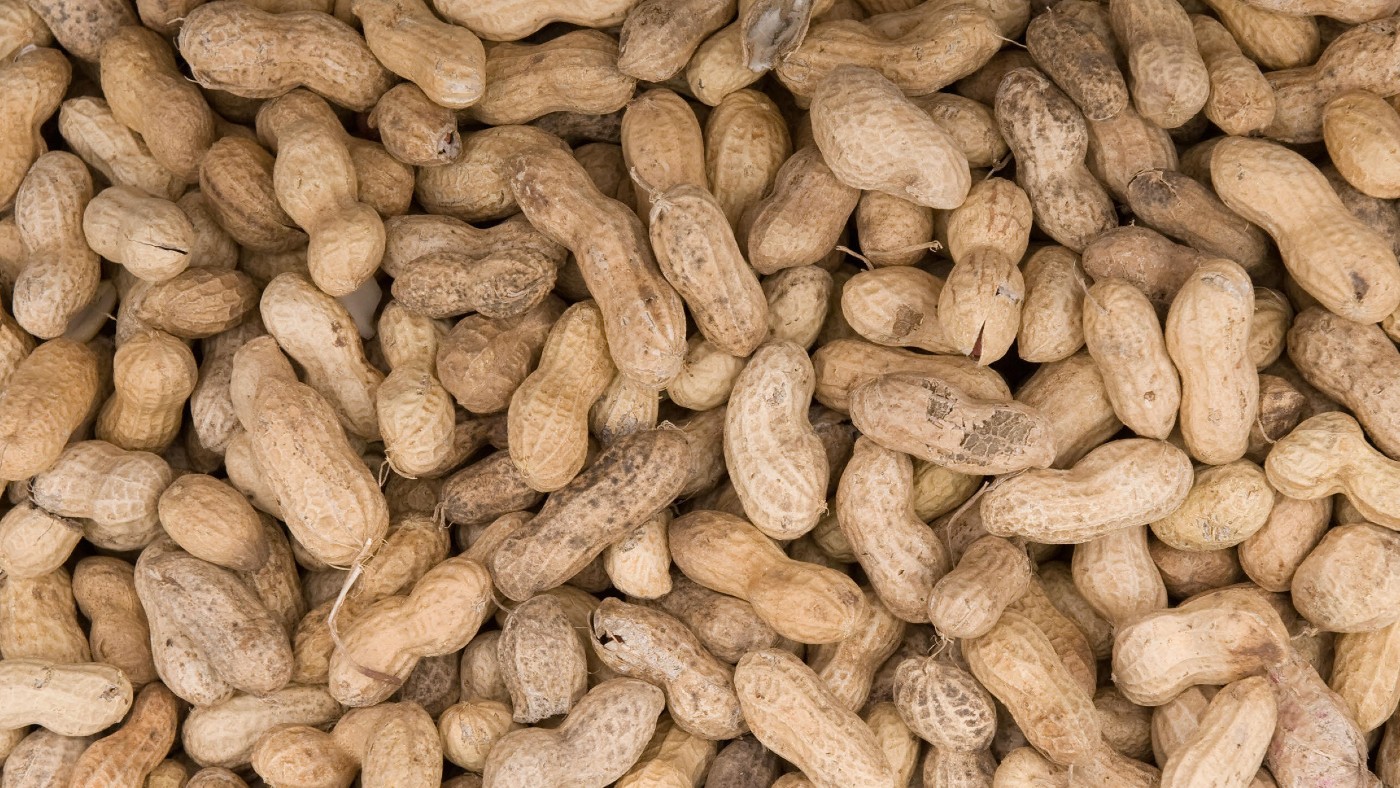
A free daily email with the biggest news stories of the day – and the best features from TheWeek.com
You are now subscribed
Your newsletter sign-up was successful
Allergies are seemingly on the rise with more and more children carrying EpiPens as a potential life-saver against a fatal reaction.
Peanut allergies are the most common with approximately 1 in 50 children and around 1 in 200 adults in the UK suffering from them. They occur when an individual’s immune system mistakenly identifies the peanut protein as something harmful.
There have been several studies investigating whether children will outgrow peanut and tree nut allergies, with “figures ranging between 10 and 20% outgrowing the allergy”, said Anaphylaxis UK.
The Week
Escape your echo chamber. Get the facts behind the news, plus analysis from multiple perspectives.

Sign up for The Week's Free Newsletters
From our morning news briefing to a weekly Good News Newsletter, get the best of The Week delivered directly to your inbox.
From our morning news briefing to a weekly Good News Newsletter, get the best of The Week delivered directly to your inbox.
But why are allergies increasingly common, and what can science do to alleviate them?
Why are allergies on the rise?
“I never had a kid in my class with a food allergy or sensitivity,” said Anat Binur, founder of Ukko, a company committed to solving food allergies and sensitivities. “And now I’m almost never ever on a call, in an elevator, with my neighbours, or anywhere else without someone having it in their life.”
One of the most popular theories as to why allergies are on the rise is the “hygiene hypothesis”. Based on the fact that children in developed countries have more allergies than those in developing countries, the hygiene theory suggests children who grow up in sanitised environments are not afforded the chance for their immune system to develop sufficiently.
“This lack of exposure then leads our immune system to not get accustomed or to learn and modulate itself towards allergens,” explained Binur. Processed food has also been blamed because it “messes with our microbiome and sometimes makes it more susceptible to allergy”.
A free daily email with the biggest news stories of the day – and the best features from TheWeek.com
What’s being done to try to manage the rise?
In 2020, food giant Nestle agreed a $2.6bn deal to buy Aimmune Therapeutics, the biopharmaceutical company that made Palforzia, a peanut allergy drug. However, just two years later Nestle was wiping its hands of the company.
Palforzia is not a cure for peanut allergies but it does “lessen the reaction”, said The Daily Upside. “Clinical trials found that two-thirds of patients who took the medication could safely handle 600mg of peanut powder – roughly two whole peanuts.”
Despite the fact that the drug works, Nestle found it an ineffective business proposition. “In addition to blaming COVID-19 for disrupting Palforzia’s rollout,” The Daily Upside continued, “the treatment came with fixed costs that were hard to justify”.
While Nestle wasn’t prepared to pay for all the data that had to be collected and submitted to the US Food and Drug Administration, above all, despite allergies being on the rise, there simply wasn’t enough demand for the drug. Less than 2% of Americans have a peanut allergy compared with around 1.1% of the global population, but far fewer were prepared “to visit an allergist every two weeks for four to five months, which includes an extra hour for observation just in case they go into shock” as the medicine required, said The Daily Upside.
What next?
Earlier this month, researchers at the University of Notre Dame and the Indiana University School of Medicine “successfully prevented potentially life-threatening allergic responses to peanuts” by developing an “allergen-specific inhibitor”, said Notre Dame News. So far, the scientists have only tested the drug on mice, but the results have proven positive.
“Our approach is unique because our inhibitor starts working before the allergen has a chance to trigger an allergic reaction,” said Başar Bilgiçer, professor of chemical and biomolecular engineering at the University of Notre Dame. Not only does a single dose of the drug provide “protection against peanut allergic reaction for over two weeks”, but when administered after the onset of symptoms, “the inhibitor stopped the progression of the allergic reaction in its tracks”.
The researchers published their results in the Science Translational Medicine journal where they stated: “Although there are treatments for symptoms in patients with allergies resulting from allergen exposure, there are few preventive therapies other than strict dietary avoidance or oral immunotherapy, neither of which are successful in all patients.” The abstract went on to conclude: “Together, these findings suggest that cHBI [inhibitor] has the potential to be an effective preventative for peanut-specific allergic responses in patients.”
The findings mark a big step forward in the race to treat and even cure allergy sufferers. Any substantial success would definitely save lives and as Nestle identified two years ago, a successful drug could also mean bumper profits for whoever gets their hands on the patent.
-
 The ‘ravenous’ demand for Cornish minerals
The ‘ravenous’ demand for Cornish mineralsUnder the Radar Growing need for critical minerals to power tech has intensified ‘appetite’ for lithium, which could be a ‘huge boon’ for local economy
-
 Why are election experts taking Trump’s midterm threats seriously?
Why are election experts taking Trump’s midterm threats seriously?IN THE SPOTLIGHT As the president muses about polling place deployments and a centralized electoral system aimed at one-party control, lawmakers are taking this administration at its word
-
 ‘Restaurateurs have become millionaires’
‘Restaurateurs have become millionaires’Instant Opinion Opinion, comment and editorials of the day
-
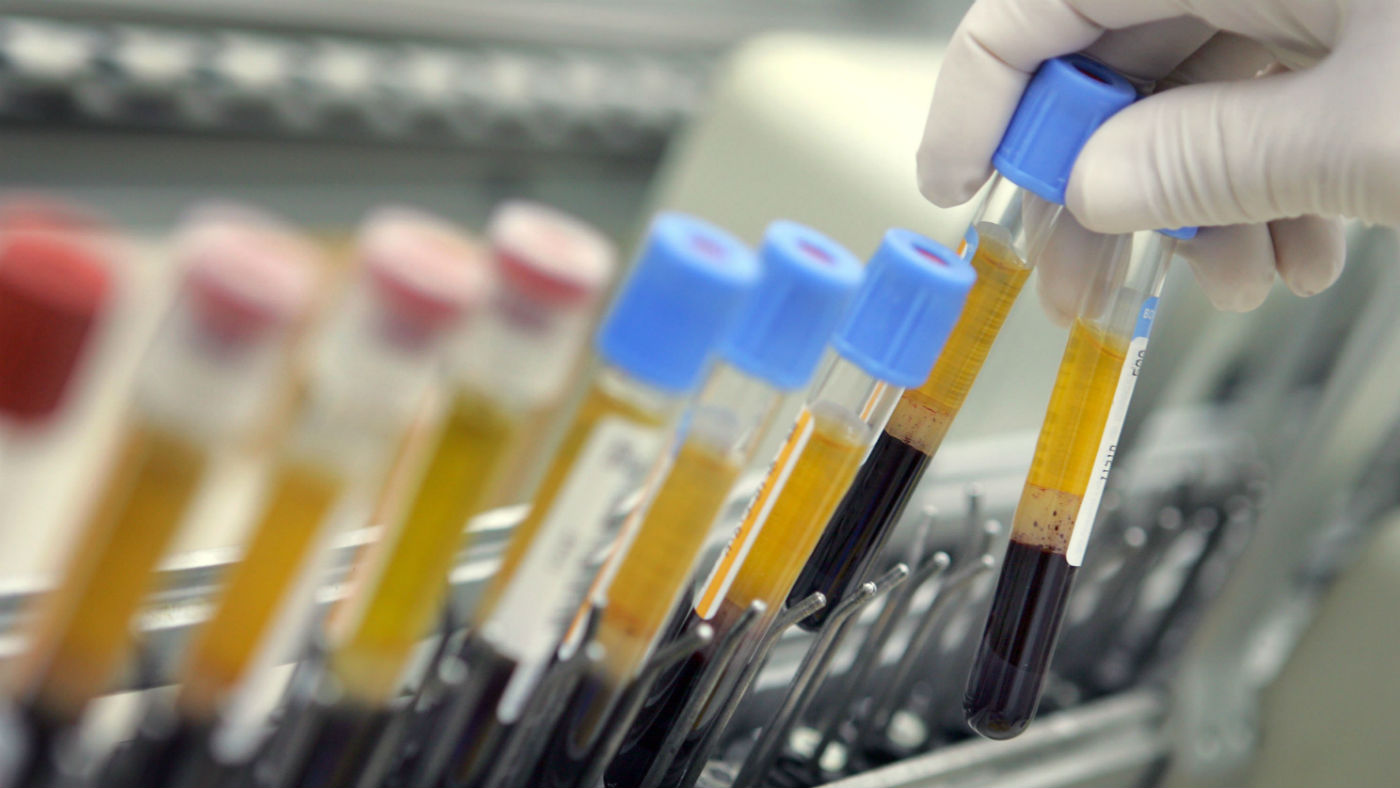 The science behind lab-grown blood
The science behind lab-grown bloodfeature Development of ‘absolute game changer’ could help those with sickle cell and other conditions
-
 What we know so far about North Korea’s latest long-range cruise missile
What we know so far about North Korea’s latest long-range cruise missilefeature US says the weapon may have nuclear capabilities and poses ‘threats’ to neighbouring nations
-
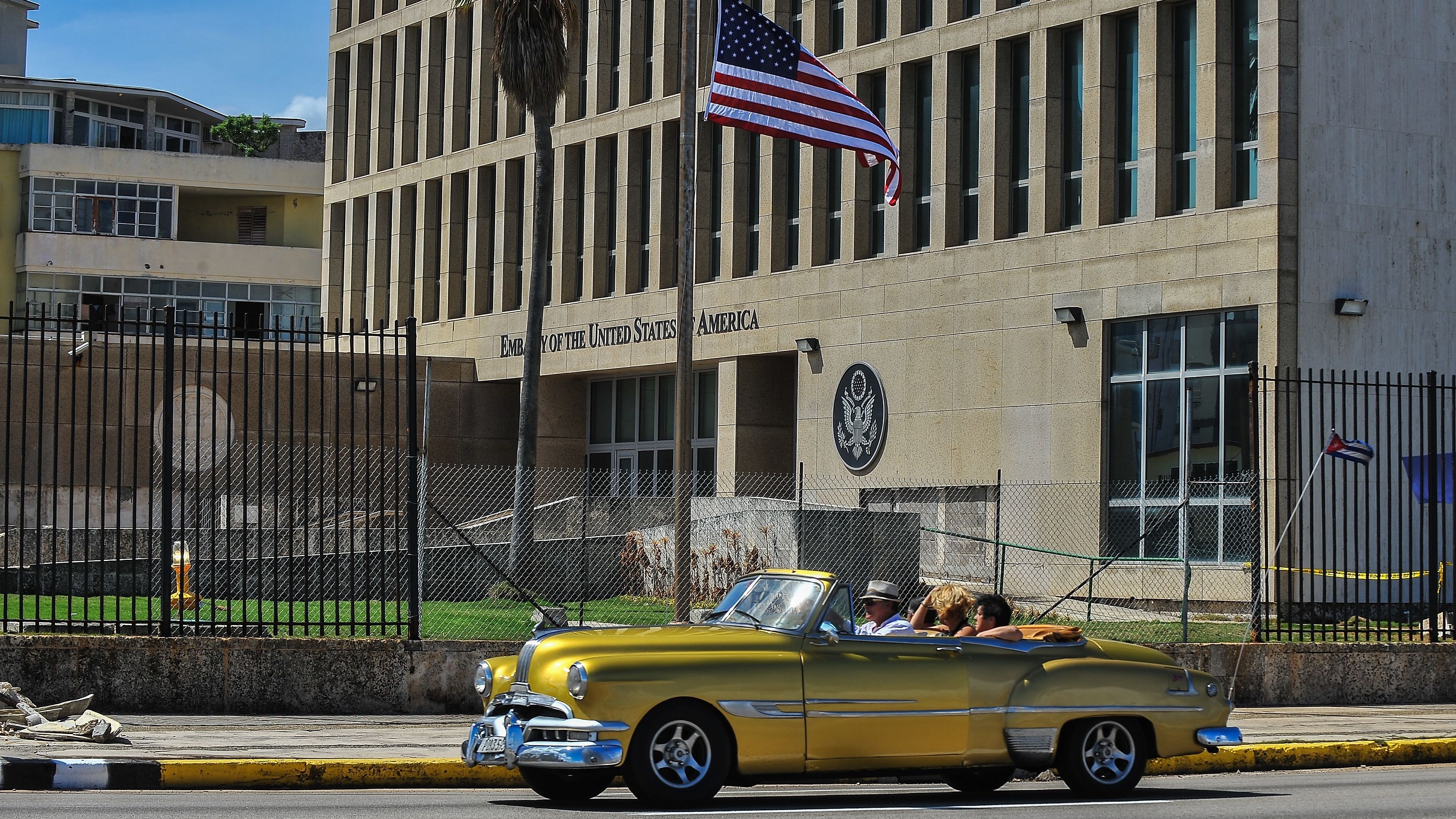 What causes Havana Syndrome?
What causes Havana Syndrome?feature Officials investigate outbreak of cases at US embassy in Colombia
-
 A history of the peace walls in Belfast
A history of the peace walls in Belfastfeature More than 60 remain throughout Northern Ireland
-
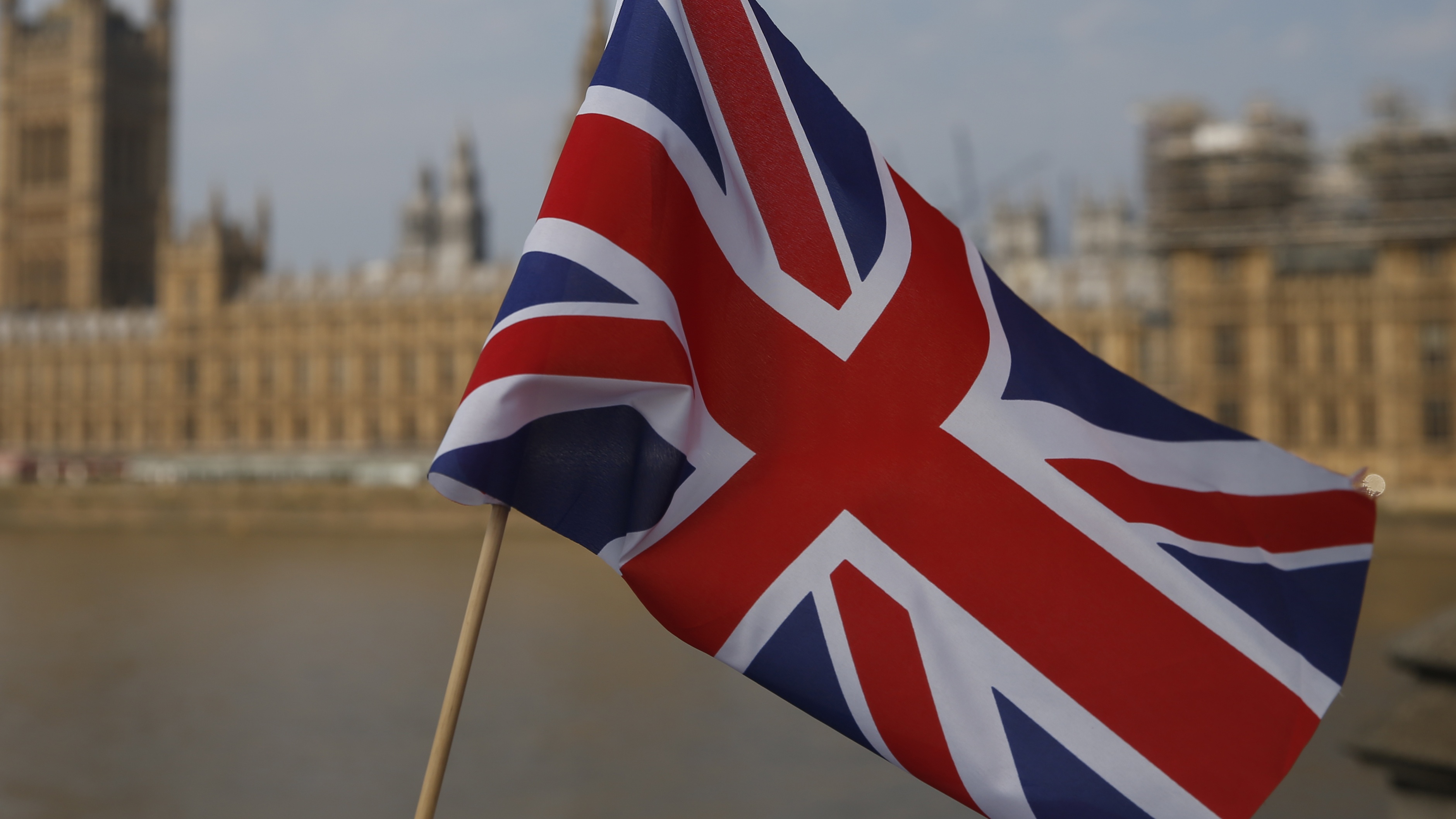 The history of the Union Jack
The history of the Union Jackfeature New official guidance says flag should be flown from all government buildings in England, Wales and Scotland
-
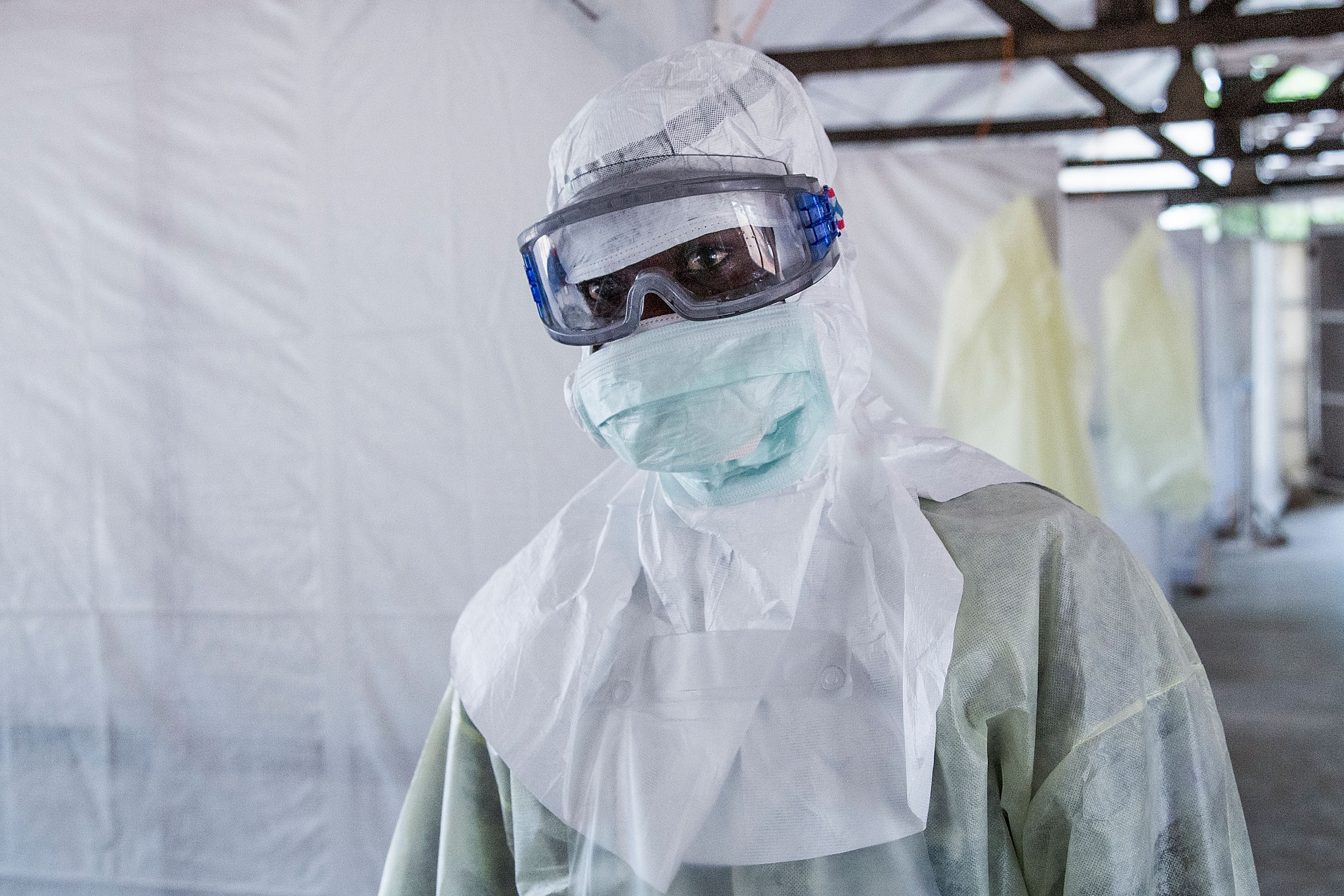 What is Lassa fever and are we in a ‘new pandemic era’?
What is Lassa fever and are we in a ‘new pandemic era’?feature British patient dies of virus that causes bleeding eyes and facial swelling